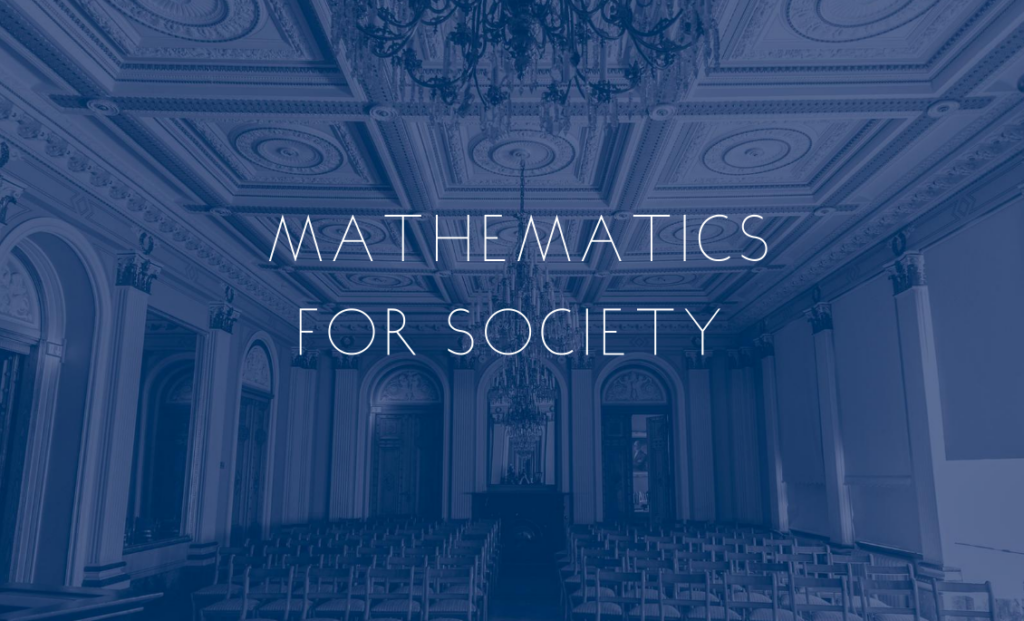On June 28 and 29, the 17th Baltic Conference on Intellectual Cooperation (BCIC) will take place at the Estonian Academy of Sciences. This time the focus is on mathematics, which is becoming a pillar of modern society.
The event includes a meeting of the Presidents of Academies around the Baltic Sea and the Pre-seminar on Energetics. The conference takes place in cooperation with the Latvian, Lithuanian, Finnish and Hamburg Academies of Science, as well as with the University of Tartu, Tallinn University of Technology and Hamburg University of Technology.
The main theme of conference is motivated by massive contribution of many scientists into the analysis of processes during the COVID-19 pandemic and design of the exit strategy of this pandemic. While the efforts of medical experts and life scientists have been widely recognised, the related developments in exact sciences, informatics, and engineering are still to be acknowledged and appreciated. Focus of the conference is wider covering applications of mathematics in several fields from policy to genetics.
The speakers include top researchers in the field from universities in the Baltic States, Finland and Germany.
The President of Estonian Academy of Sciences, Tarmo Soomere said that an unexpected corollary of the COVID pandemic is the demonstration of how important the research fields are that are usually interpreted as abstract ones, with minimum contribution to make the dreams come true. „Today we see how far-reaching Galileo Galilei was. It is clear now that mathematics is not only “the language in which God has written the universe” but also a handy and powerful tool that directly creates an enormous benefit for the societies that are wise enough to make use of it.”
The event includes a meeting of the Presidents of Academies around the Baltic Sea and the Pre-seminar on Energetics.
The event takes place in cooperation with the Latvian, Lithuanian, Finnish and Hamburg Academies of Science, as well as with the University of Tartu, Tallinn University of Technology and Hamburg University of Technology.
The tradition of Baltic Conferences on Intellectual Cooperation began in 1935. A total of six conferences took place before the Second World War. During the Soviet occupation, the tradition paused for a long time, but was restored after the Baltic states regained their independence. The conferences have provided a good opportunity for top scientists and top scientific leaders in our region to meet and discuss common issues. Over the years, the selected presentations of the program have covered the hottest science or research policy topics of the moment.
Within the framework of the conferences, medals of the Baltic Academies of Sciences will be awarded, recognizing the contribution to the promotion of cooperation and joint research in the Baltic region.
The event is held in English and can be watched by anyone interested on the web.
Programme and live broadcast
